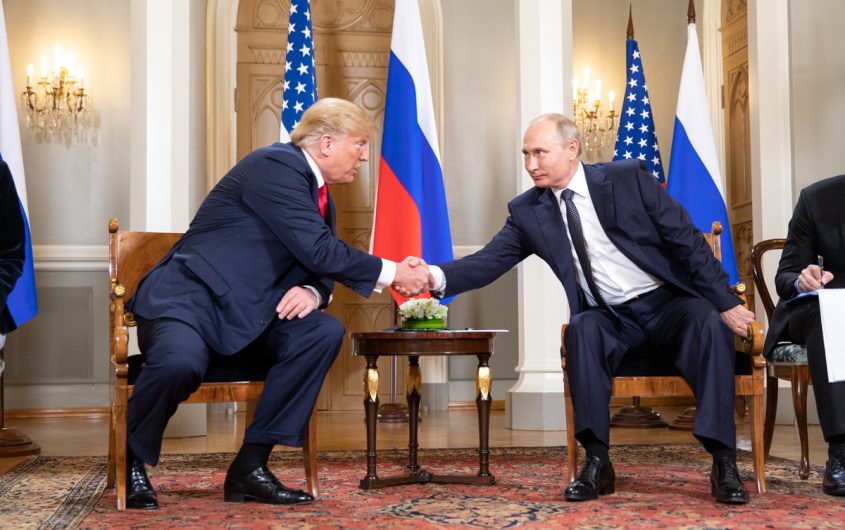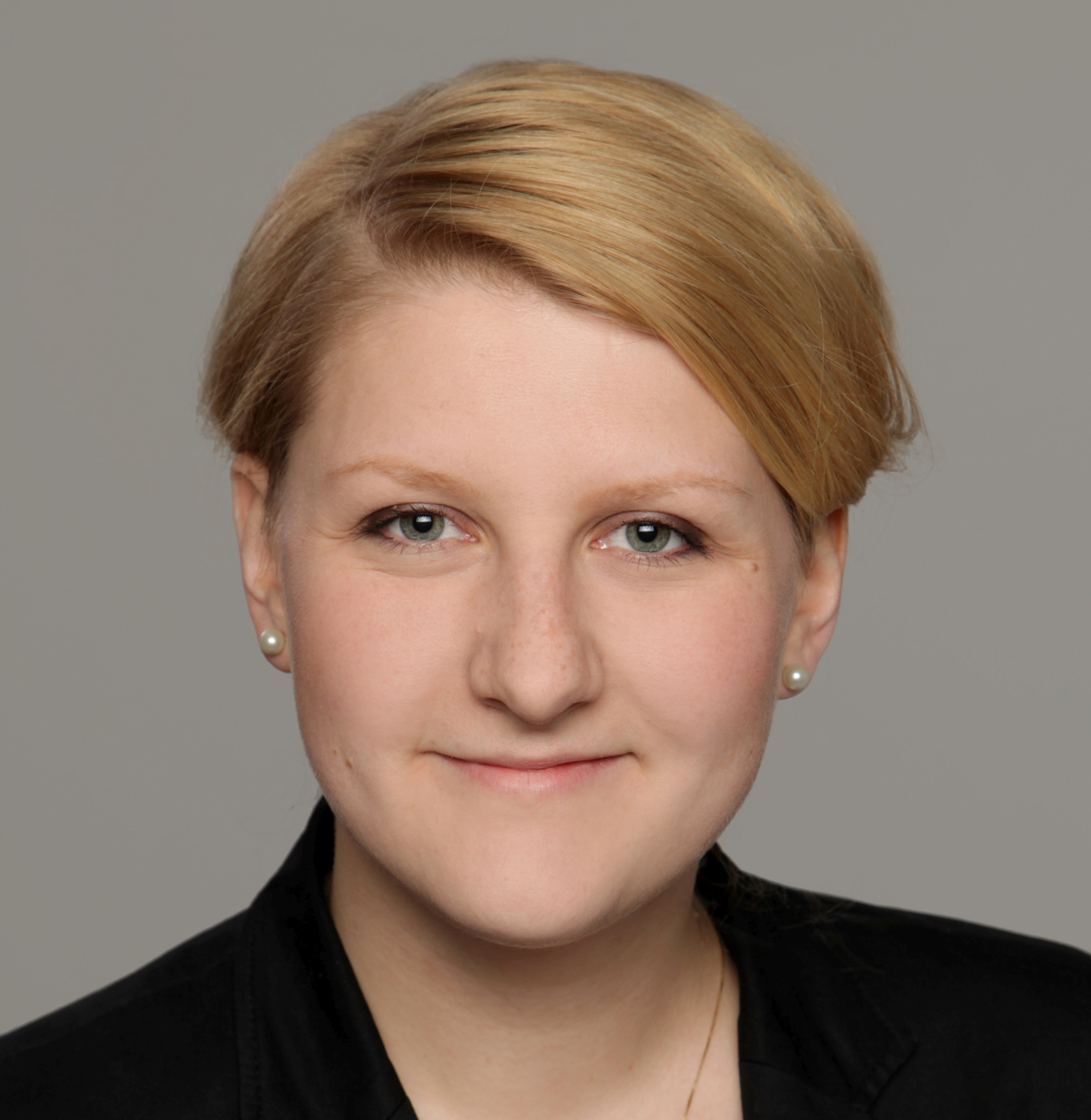
Official White House Photo by Shealah Craighead
Germany between Trump and Putin
What to Expect from Berlin’s Russia Policy?
German foreign minister Heiko Maas has recently announced a “new Eastern policy” toward Russia with a focus on stronger cooperation with Central Europe. Since the annexation of Crimea in 2014, Germany has assumed a leadership role in transatlantic Russia policy. Yet, diverging views on Nord Stream II and sanctions policy have created a rift between both sides of the Atlantic. The demise of the INF treaty further challenges core assumptions of the European security order and poses a serious security dilemma for Germany. At the same time, the “Trump effect” has alienated the German public from its partners in the United States. Where is Berlin’s Russia policy headed between a new “Ostpolitik” and a crumbling Western order? What are the strategic implications for Germany’s role in Europe?
Please join AGI for a discussion on Germany’s new Ostpolitik and the broader implications for the U.S.-German relationship with Liana Fix and comments by Angela Stent.
.

Liana Fix is Program Director at Körber Foundation’s Berlin Office with a special focus on Russia and Eastern Europe. Before, she was a researcher at the German Institute for International and Security Affairs (SWP), working on EU-Russia relations, Russian foreign policy and the South Caucasus. She was a DAAD/AGI Fellow in 2015 and a Mercator Fellow in 2012/2013 with postings at the German Foreign Office, the Carnegie Moscow Center, and the EU Delegation in Georgia. She has published widely in and appeared on national and international media, commenting on topics related to European security, transatlantic relations, and German foreign policy.
Angela Stent is Director of the Center for Eurasian, Russian and East European Studies and Professor of Government and Foreign Service at Georgetown University. She is the author of Putin’s World:Russia Against the West and with the Rest.
Location
AICGS
1755 Massachusetts Ave. NW | Suite 700 | Washington, DC 20036






